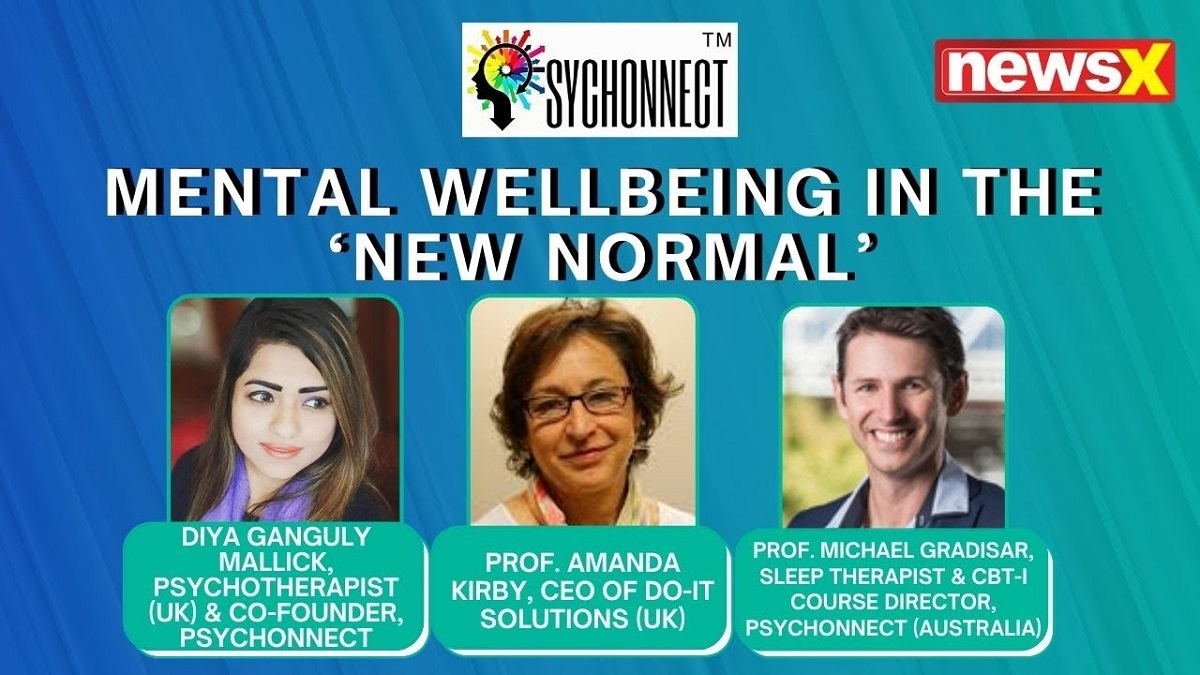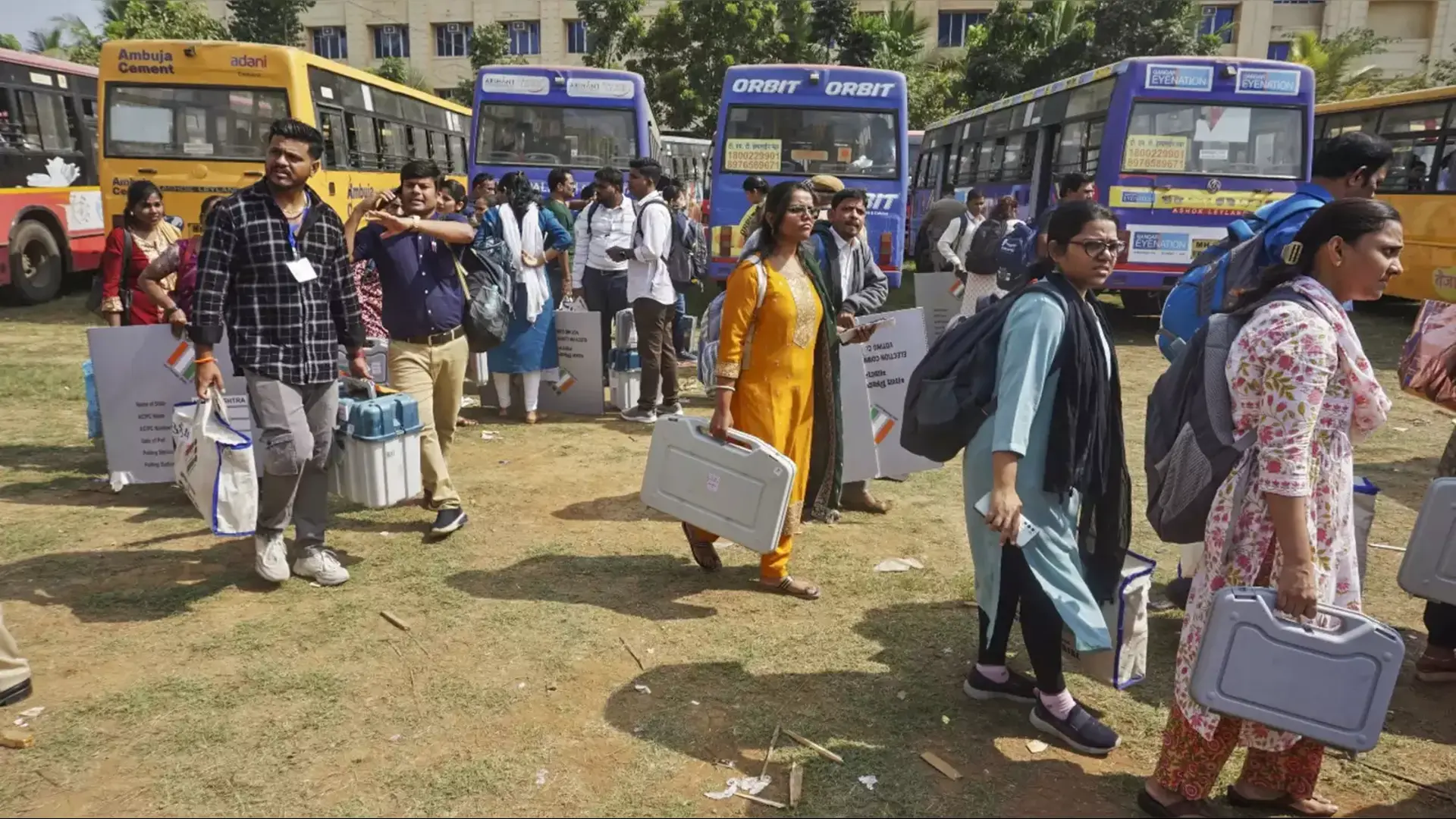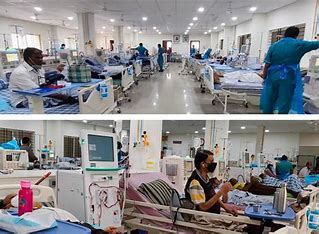
Psychonnect recently presented a thought-provoking panel discussion on ‘Mental well-being in the new normal’ on NewsX. The discussion revolved around dealing with mental health, building resilience in the new normal, overcoming insomnia, and how an organization like Psychonnect is leading the way towards maintaining one’s mental well-being in a post-pandemic world.
The discussion was joined by Diya Ganguly Mallick, Senior Academic and psychotherapist based in the UK, Co-founder of Psychonnect; Professor Michael Gradisar, Director of WINK sleep online which is a website dedicated to sleep education and Professor Amanda Kirby, CEO of ‘Do-it solutions’ and academic who holds expertise in neurodiversity.
In her introductory remarks, Diya Ganguly Mallick talks about the challenges that one has to deal with once the new normal will begin to be a lifestyle for people around the globe. ”The world might actually be a different place when we get out of this pandemic because this new normal that we are talking about has undergone a lot of changes and we have seen all types of changes emerging out of these times which might turn out to be both shocking and unpleasant. Once we go back to our respective colleges, schools, and workplaces, we will notice that a lot of social gatherings or even social interactions will have to be limited, daily activities s like boarding a train or a bus might feel strange and scary. initially, these changes will seem hard to accept and it will take some time to sink in,” said Diya.
Diya also talked about how radical acceptance and letting go of the bitterness shall help individuals in embracing this new normal. “I encourage everyone to be emotionally aware, understand their emotions while also respecting the range of other perspectives that you might come across. reflect on whatever you have learned during this lockdown. Please seek help early and the reason I am saying this is because every individual’s response is going to be different towards unexpected changes. feelings of anxiety, irritability, lack of appetite, and even sleep, these are all signs that you might need some extra support to cope up with certain challenges,” added Diya.
Taking the conversation ahead, Professor Michael talked about how every individual reacts differently to certain changes and how seeking help in the early stages can help one tackle anxiety and severe depression. Professor Michael said, ”I think a lot of people have realised that when it comes to sleep, especially when you sacrifice some of your sleep, you start to notice that you don’t feel the same way and probably one of the first things you notice when you go through a bad sleep considering the situation has been the same for a few nights in the row, you start to have less of an appetite. Studies have shown that when people are sleep-restricted, they are always in a bad mood and are unnecessarily intolerant towards having personal interactions.”
Talking about how early diagnosis of insomnia and the early treatment is important and might save one from depression, Professor Michael added, ”Insomnia is a grave issue, and one should never be negligent about it. To put it simply, it can be difficult in waking up or getting back to sleep. Another symptom of insomnia includes the feeling when you get up and don’t feel energised, now if something like this goes on for months, and perhaps a year, then you are at serious risk of developing depression. One of the very first symptoms of depression is insomnia and unlike depression, which is very difficult to treat, insomnia is comparatively easy in terms of treatment. While depression takes around 10-12 sessions of mental counselling, insomnia can be treated within half amount of the time. So if you are facing issues or differences in your sleeping pattern, take note of it and seek help as soon as you can’.
Addressing the reopening of schools for children and how they are going to cope up with the new normal, Professor Amanda Kirby talked about how the lockdown has been difficult for many families and especially for parents with children suffering from ADHD, Dyslexia, and Autism for whom learning is a patient process and is challenging. ”The key lesson is that most parents are not teachers, balancing work life and children is not easy, and for some people who don’t have the required capital or the resources and lack the computer skills because of poor literacy were not able to cope up well with the pandemic. So the primary thing is we were not ready for this and whether we will be ready or not is a question that still persists. For some families, it has been particularly challenging, the way their children attend, communicate and deal with learning is a very different process and is impossibly difficult. These children require constant care and patience and children of different age groups have different demands,” said Amanda. She further talked about how routine and structure should be encouraged in children so that they know what to expect and how to regulate their curriculum, develop healthy habits and balanced sleeping patterns.
Speaking about the smartphone obsession that is relevant among teenagers and the significant impact it has on their well-being, the panellists discussed how the content needs to be regulated and the screen-time needs to be reduced so that it doesn’t take a toll on a child’s mental health. The three panellists addressed certain queries from the audience and gave solutions on how to reach out to many organizations in India to seek help, help-line numbers for professional help, and how Psychonnect is paving a way and working towards addressing mental health issues.
Talking about health-care professionals, Professor Kirby said, ”There isn’t a hierarchy of suffering. In these really difficult times, we have catastrophized statements like – What happens next? So if you are not able to cope up, reach out for help. A lot of healthcare workers have been exposed to these difficult times, I would suggest that first, you need to also take care of yourself before you help others and also realize that being kind to yourself is an essential part of these times.















